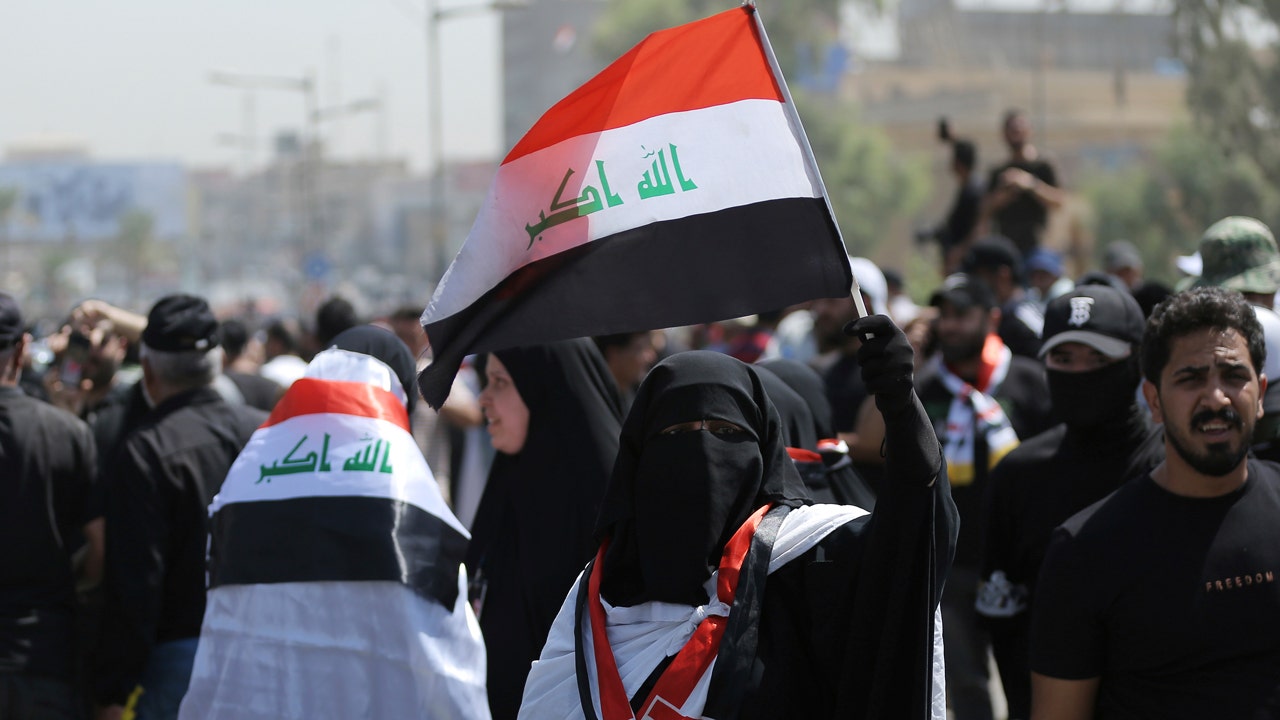A weakened Iran has Iraq looking to curb Tehran-backed extremists in country

The Iraqi government is making a bold move to address the presence of armed groups within its borders, including factions of the Iran-backed Islamic Resistance in Iraq (IRI). With Iranian influence waning in the Middle East, Iraq is pushing for these armed groups to either join the state security forces or integrate into the state-recognized Popular Mobilization Forces.
Foreign Minister Fuad Hussein expressed his stance on the matter, stating that armed groups operating outside state control are unacceptable. He emphasized the importance of convincing the leaders of these groups to lay down their arms and become part of the armed forces under the government’s responsibility.
There is a sense of urgency in Iraq, as neighboring countries like Syria, Gaza, and Lebanon have experienced power shifts and destabilization. Jonathan Schanzer from the Foundation for the Defense of Democracies highlighted the Iraqi government’s move against Iranian militias as a response to the collapse of the Assad regime in Syria.
The Islamic Resistance in Iraq (IRI) is a group of armed factions aligned with Iran and known for engaging in operations against Israel and U.S. coalition forces. On the other hand, the Popular Mobilization Forces (PMF) were formed to combat ISIS with support from Iran. The PMF is officially recognized as part of the Iraqi state security forces.
Inna Rudolf, an expert on the PMF, noted that discussions are ongoing on how to manage the Islamic Resistance factions and prevent geopolitical escalation. The weakening of Iranian proxies since recent armed operations has put pressure on Iraq to address these groups effectively.
As Iraq prepares for elections this fall, Prime Minister Mohammed Shia al-Sudani is working on bilateral security cooperation with the U.S. The presence of U.S. troops in Iraq is part of the anti-ISIS effort, and the success of reining in armed factions will be crucial for maintaining security cooperation with the United States.
Overall, Iraq’s efforts to address armed groups within its borders reflect a shift in the region’s power dynamics and a push to reduce Iranian influence. The upcoming elections and negotiations with the U.S. will be key factors in determining Iraq’s future path towards stability and security.




